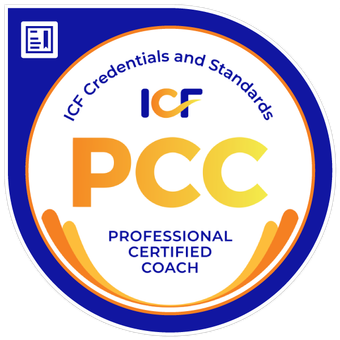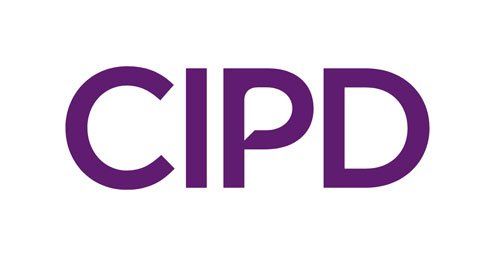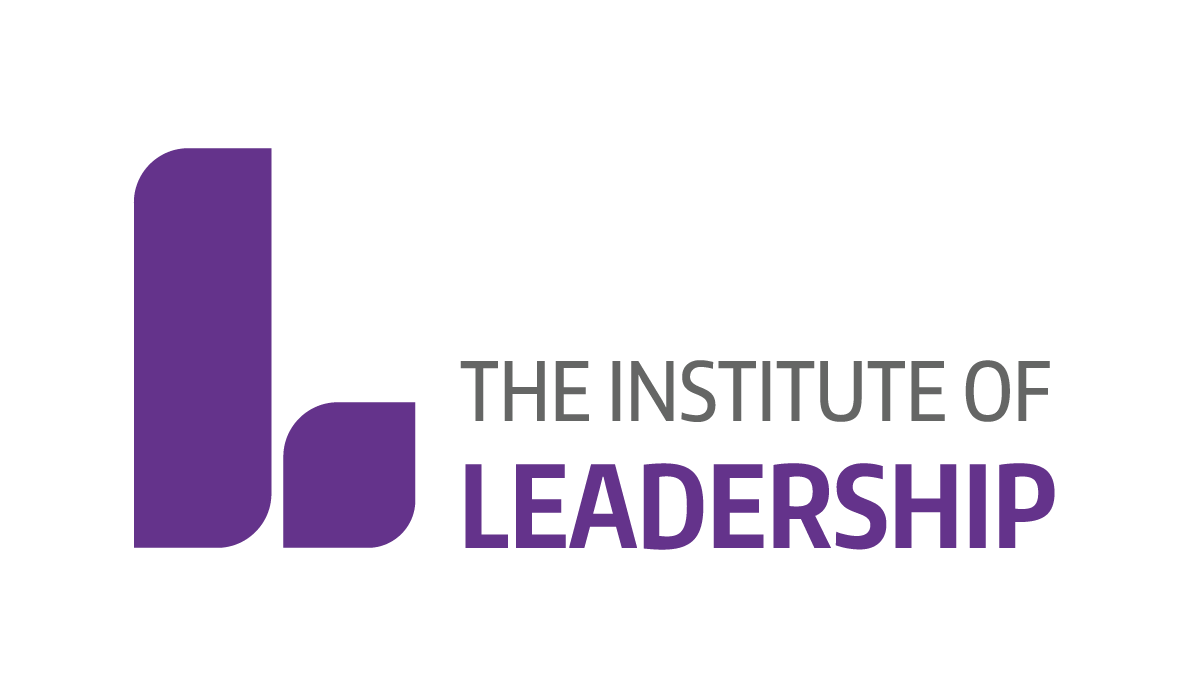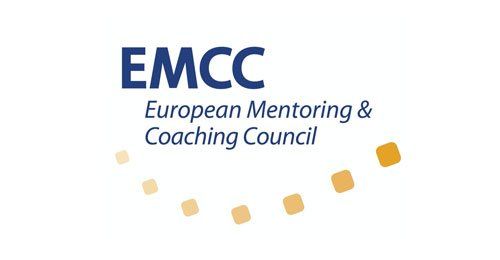Coaching & Mentoring
Want to improve connectivity, increase employee engagement and deliver long lasting, powerful development initiatives across your organisation?
Coaching and Mentoring may well hold the key.
Executive and leadership coaching is a dynamic and powerful professional development tool. We offer 1:1 Executive Coaching and in-house coaching and mentoring training programmes to address a range of leadership challenges and to support continuous professional development.
My coaching sessions are so valuable. They challenge and stretch me in all the right ways and I am growing so much. I really feel I have an affinity with my coach and love the way she works. Thank you.
Julie Robinson, CEO – Independent Schools Council
Coaching and Mentoring
Individual Coaching
Whether you are looking to increase confidence, develop your leadership style or consider your career choices, we have coach and a programme that is perfect for you. Our programmes can be delivered online, on the telephone, face to face or even whilst walking in the beautiful setting of the Surrey countryside.
Team Coaching
Becoming an integrated high-performing leadership team can be challenging. Our team coaching programmes will set your team up to face whatever business challenges and opportunities come their way. Find out more about our Catalyst High Performance Team Development Programme
Beth’s approach is of the highest standard in terms of skill, emotional intelligence, intuition and professionalism. Beth has previously worked in the UK Government and is highly skilled across a whole range of areas. To be honest there aren’t many coaches I would recommend. Beth is one; she is superb.
Robert King, Head of Talent Development, Crédit Agricole Corporate Investment Bank
Coaching: What to expect
Coaching is a powerful professional development tool. It is widely accepted as one of the most effective, impactful ways for organisations to develop leaders, remedy challenging behaviour and improve overall business performance.
Is coaching right for me?
When it’s delivered well, executive coaching has the potential to bring about profound results. However, it can be time consuming and it requires considerable commitment. Executive coaching is generally – although not exclusively – reserved for individuals who are critical to an organisation’s success, or its future success.
CASE STUDY:
CEO of Education Sector NGO
I began my coaching programme with Beth after a colleague recommended her. I had had some one to one input in the past, but never a full coaching package.
My role involves interaction at a senior level in Whitehall and at times I need to assert myself and flex my style to get my voice heard
and leverage influence.
Related Article

